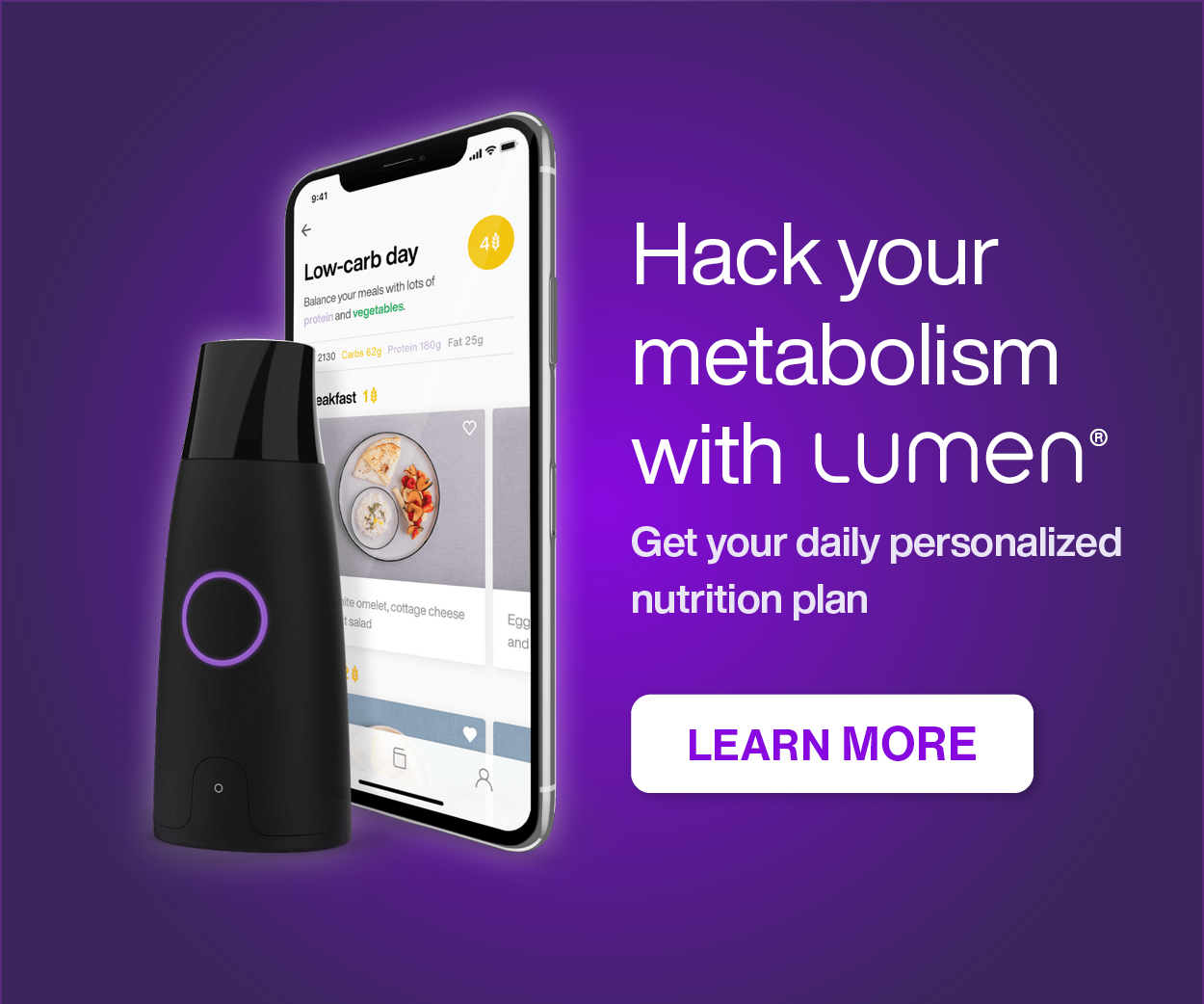The Best Foods for Maintaining Strong Bones
Introduction
When it comes to living a healthy lifestyle, focusing on bone health is essential. Strong bones provide the foundation for a well-functioning body, supporting mobility and overall well-being. While exercise plays a crucial role in maintaining bone strength, nutrition also plays a significant part. This article will delve into the importance of strong bones and the role that nutrition plays in promoting bone health.
Understanding the Basics of Bone Health
What are bones and how do they function?
Bones are living tissues that make up the skeletal system of the human body. They serve as a structural framework, protecting vital organs and providing support for muscle attachment, allowing movement. Bones are composed of collagen, a protein that provides elasticity, and minerals like calcium and phosphate, which provide strength and hardness.
Factors influencing bone strength
Several factors contribute to bone strength, including genetics, age, hormones, and lifestyle. Genetic factors determine an individual's peak bone mass and how bones change over time. Age-related hormonal changes, such as declining estrogen levels in women during menopause, can result in bone loss. Lifestyle factors such as physical activity, tobacco and alcohol use, and nutrition play a crucial role in determining bone density and strength.
Essential Nutrients for Strong Bones
Calcium: The cornerstone of bone health
- Daily recommended intake
The daily recommended intake of calcium varies by age and
sex. For adults aged 19-50, the recommendation is around 1,000 milligrams per
day, while adults over 50 should aim for 1,200 milligrams per day.
- Calcium-rich food sources
Calcium-rich foods include dairy products like milk, yogurt,
and cheese. Other sources include canned fish with bones such as salmon or
sardines, tofu, almonds, and leafy green vegetables like kale and broccoli.
- Enhancing calcium absorption
Consuming calcium-rich foods in combination with foods high in vitamin D, such as fatty fish and fortified dairy products, can enhance calcium absorption. Additionally, consuming calcium with meals rather than on an empty stomach can improve absorption.
Vitamin D: Assisting in calcium absorption
- The importance of vitamin D for bone health
Vitamin D plays a crucial role in calcium absorption and bone health. It helps regulate calcium and phosphate levels in the body, promoting proper bone mineralization and reducing the risk of fractures.
- Natural sources of vitamin D
The primary source of vitamin D is sunlight exposure, as the skin synthesizes it when exposed to UVB rays. However, it can also be obtained from fatty fish such as salmon, mackerel, and tuna, as well as fortified dairy products and egg yolks.
- Sun exposure and vitamin D levels
To maintain adequate vitamin D levels, it is recommended to spend a few minutes in the sun each day. However, this can vary depending on factors such as geographic location, time of year, and skin color. In some cases, supplementation may be necessary.
Magnesium: Supporting bone density and strength
- Benefits of magnesium for bones
Magnesium plays a crucial role in bone health, as it helps convert vitamin D into its active form, thus contributing to calcium absorption. Additionally, magnesium is involved in bone formation and maintaining bone density.
- Foods rich in magnesium
Good sources of magnesium include leafy green vegetables, nuts and seeds (such as almonds and sunflower seeds), legumes, whole grains, and dark chocolate.
Protein: Building blocks for bone tissues
- Role of protein in bone formation
Protein is essential for the formation and maintenance of bone tissues. It provides the necessary amino acids that contribute to bone structure and strength. Inadequate protein intake can impair bone health and potentially increase the risk of fractures.
- High-protein foods suitable for bone health
Sources of high-quality protein for bone health include lean meats, poultry, seafood, eggs, dairy products, legumes, and tofu. It is important to maintain a balanced diet that includes adequate protein to support optimal bone health.
Superfoods for Strong Bones
Dairy Delights: Calcium-packed options
- Milk and its variations
Milk is an excellent source of calcium, providing approximately 300 milligrams per cup. It also contains other essential nutrients such as vitamin D and protein. Those who cannot tolerate lactose can opt for lactose-free milk or plant-based alternatives fortified with calcium.
- Yogurt and probiotic benefits
Yogurt not only contains calcium but also provides probiotics, which contribute to gut health. Greek yogurt, in particular, is a protein-rich option. When choosing yogurt, opt for varieties low in added sugars and full-fat options for maximum nutrient absorption.
- Cheese varieties and their calcium content
Cheese is a delicious source of calcium, with different types varying in their calcium content. Hard cheeses, such as cheddar and Parmesan, tend to have higher calcium levels compared to softer options like mozzarella or brie.
Leafy Green Powerhouses: Non-dairy sources of calcium
- Spinach
and its benefits
Spinach is a nutrient-dense leafy green vegetable that provides calcium, along with vitamins A, C, and K. However, it also contains oxalates, which can hinder calcium absorption. To maximize its benefits, pair spinach with vitamin C-rich foods or lightly cook it.
- Kale's
nutrient density
Kale is another leafy green vegetable rich in calcium, as well as vitamins K and C. It is an excellent addition to salads, smoothies, or sautés, providing a nutritional boost to support bone health.
- Other
greens rich in calcium
Other calcium-rich greens include collard greens, Swiss chard, and broccoli. These vegetables offer an array of vitamins and minerals beneficial for bone health.
Fishy Marvels: Omega-3 and vitamin D combo
- Fatty
fish and their bone-boosting properties
Fatty fish like salmon, sardines, and mackerel not only offer high-quality protein but also provide omega-3 fatty acids and vitamin D. These nutrients contribute to reducing inflammation, promoting calcium absorption, and improving overall bone health.
- Lesser-known
fish sources of omega-3
Apart from the popular choices, fish such as trout, anchovies, and herring also contain omega-3 fatty acids and can be a nutritious addition to a bone-supportive diet.
Nutty Wonders: Nutritional gems for bones
- Almonds
and their bone-strengthening attributes
Almonds are a versatile and delicious nut that provides various nutrients essential for bone health. They are rich in calcium, magnesium, and protein. Snacking on a handful of almonds or incorporating almond butter into meals provides these valuable nutrients.
- Other
nuts and their unique benefits
Other nuts, such as walnuts and Brazil nuts, also contribute to bone health. Walnuts provide omega-3 fatty acids, while Brazil nuts are an excellent source of selenium, a mineral involved in bone metabolism.
The Versatile Egg: A nutritional powerhouse
- Egg
nutrient profile and bone health
Eggs are a great source of several nutrients important for bone health. They contain vitamin D, protein, and choline, which supports bone health and overall well-being. Including eggs in meals can provide these valuable nutrients.
- Balancing
cholesterol concerns
Although eggs contain cholesterol, research suggests that consuming them in moderation does not significantly impact blood cholesterol levels for most individuals. However, those with specific dietary restrictions or health conditions should consult their healthcare provider.
Bone-Friendly Fruits and Vegetables
- The role of vitamin C in bone health
Vitamin C plays a crucial role in collagen synthesis, a protein essential for bone structure. It also acts as an antioxidant, protecting bone cells against oxidative stress and supporting bone health.
- Citrus fruits and their nutritional content
Citrus fruits such as oranges, grapefruits, and lemons are well-known sources of vitamin C. These fruits also provide other nutrients like potassium and folate, which contribute to overall health.
Tomato Tango: Lycopene and more
- Lycopene benefits for bones
Lycopene, an antioxidant compound found in tomatoes, has been associated with improved bone health. It helps reduce oxidative stress and inflammation, supporting bone density and reducing the risk of osteoporosis.
- Tomato-based products for bone support
Tomato-based products like tomato sauce and tomato paste also contain lycopene. These ingredients can be incorporated into various recipes to enhance the overall nutritional profile and support bone health.
- Berries and their bone-friendly properties
Berries, such as blueberries, strawberries, and raspberries, are not only delicious but also packed with antioxidants. These antioxidants help neutralize harmful free radicals and protect bone cells from oxidative damage.
Lesser-known bone-supporting fruitsOther fruits that provide bone-supporting benefits include pomegranates and grapes. These fruits contain unique compounds that contribute to overall bone health.
- Broccoli and its bone-boosting compounds
Broccoli, a member of the cruciferous vegetable family, contains sulforaphane, a compound that may have anti-inflammatory and bone-protective properties. Regular consumption of broccoli can contribute to maintaining healthy bones.
- Cauliflower, cabbage, and other cruciferous veggies
Cauliflower, cabbage, Brussels sprouts, and kale are other cruciferous vegetables that offer a range of nutrients beneficial for bone health. Including these vegetables in meals provides a nutritional boost and supports overall bone strength.
Additional Dietary Factors for Strong Bones
Whole Grain Goodness: Fiber and nutrients in grains
- Whole grains and their impact on bone health
Whole grains, such as quinoa, brown rice, and whole wheat, contain fiber, vitamins, minerals, and antioxidants. These nutrients contribute to overall health, including bone strength. Choosing whole grain products over refined grains is recommended.
- Choosing the right grain products
When selecting grain-based products, look for labels indicating "whole grain" or "100% whole wheat." Incorporating a variety of whole grain sources into meals, such as bread, pasta, and cereals, can provide essential nutrients for optimal bone health.
Incorporating Healthy Fats: Essential for bone strength
- Understanding the importance of healthy fats
Healthy fats, such as those found in avocados, olive oil, and nuts, are vital for overall health, including bone strength. They provide energy, support nutrient absorption, and contribute to reducing inflammation.
- Fatty acids for optimal bone health
Omega-3 fatty acids, found in fatty fish, flaxseeds, and chia seeds, have anti-inflammatory properties that contribute to bone health. Including these healthy fats in the diet helps support overall bone strength.
Maintaining Bone Health Across Lifespan
Childhood and Adolescent Nutrition
- Critical
nutrients during growth
Proper nutrition during childhood and adolescence is crucial for optimal bone development. Calcium, vitamin D, protein, and other essential nutrients should be prioritized to support bone growth and prevent future bone-related issues.
- Promoting
bone health in young ones
Encouraging a balanced and varied diet rich in calcium, vitamin D, and other essential nutrients is essential for promoting bone health in children and adolescents. Encouraging physical activity and limiting sedentary behaviors also contribute to bone health.
Adult Nutrition
- Modifying dietary choices for bone maintenance
As individuals transition into adulthood, maintaining bone health becomes equally important. Consuming a nutrient-dense diet that includes a variety of foods rich in calcium, vitamin D, magnesium, protein, and other key nutrients helps support bone maintenance.
- The impact of lifestyle factors on bone health
Adults should also be mindful of lifestyle factors that can potentially impact bone health negatively. Limiting alcohol intake, avoiding smoking, engaging in regular exercise, and maintaining a healthy weight all contribute to long-term bone health.
Nutrition for Seniors
- Age-related bone health concerns
As individuals age, they become more prone to bone loss and conditions like osteoporosis. Adequate nutrition becomes vital in preventing and managing these age-related bone health concerns.
- Adaptations for optimal bone strength
Seniors should focus on maintaining a balanced diet rich in bone-supporting nutrients, including calcium, vitamin D, magnesium, and protein. Adequate protein intake can help prevent muscle loss and support bone health. Consultation with a healthcare professional may be necessary to address specific dietary needs or potential nutrient deficiencies.
Summary
Aiming for strong and healthy bones is crucial for overall well-being. Prioritizing essential nutrients like calcium, vitamin D, magnesium, and protein is vital for promoting optimal bone health. Incorporating superfoods such as dairy products, leafy greens, fatty fish, nuts, eggs, and bone-friendly fruits and vegetables into a balanced diet can help support bone strength. Additionally, whole grains and healthy fats play a role in maintaining strong bones. Adapting dietary choices throughout different life stages, from childhood to old age, ensures long-term bone health.
FAQs on Bone Health and Nutrition
A. Can supplements replace a healthy diet for bone health?
While supplements can be beneficial in certain cases to meet specific nutrient needs, a well-rounded and diverse diet remains the best approach to support overall bone health. It is always recommended to prioritize obtaining nutrients from whole foods whenever possible. Consult with a healthcare professional before starting any supplements.
B. Are there any foods that weaken bones?
Some foods, when consumed in excess, may have a negative impact on bone health. These include excessive caffeine, alcohol, sodium, and sugary beverages. It is important to consume these in moderation as part of a balanced diet.
C. Is it possible to overdose on calcium or other nutrients?
Excessive intake of certain nutrients, including calcium, can have adverse effects on health. It is generally recommended to stay within the recommended daily intake for each nutrient. Consultation with a healthcare professional can provide guidance on appropriate nutrient levels.
D. Are there specific dietary recommendations for people with osteoporosis?
People with osteoporosis should prioritize consuming adequate amounts of calcium, vitamin D, and protein. Additionally, it is important to consult with a healthcare professional or registered dietitian to address specific dietary recommendations that may be necessary based on individual needs and medical conditions.
32.png)
32.png)


































